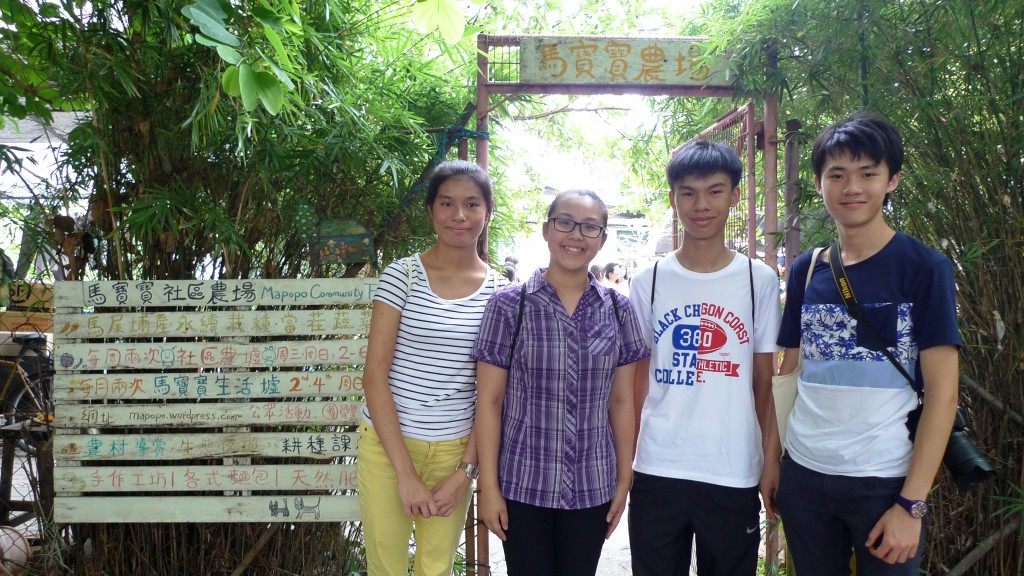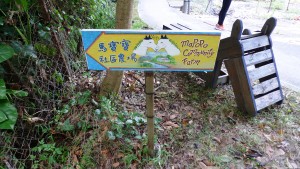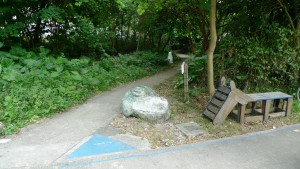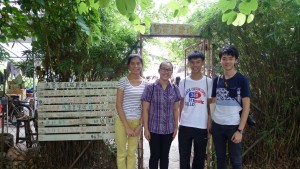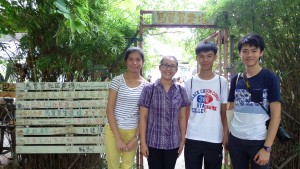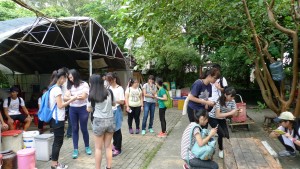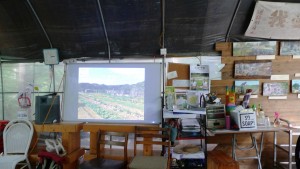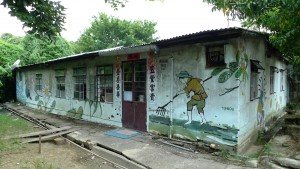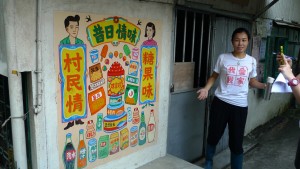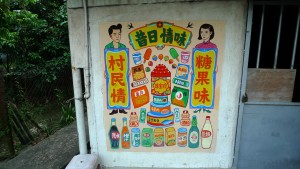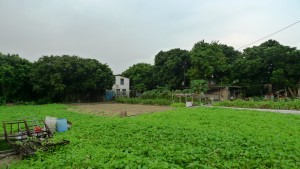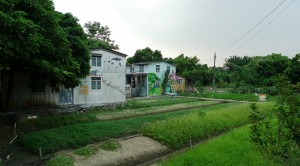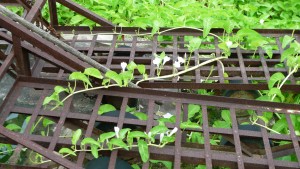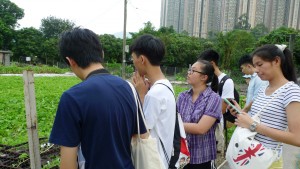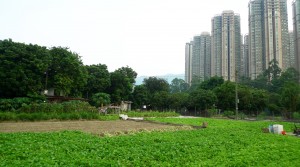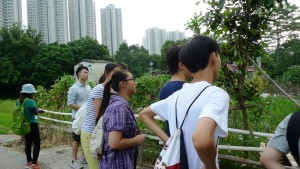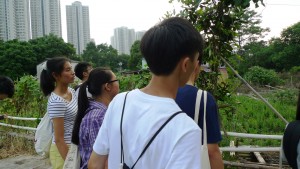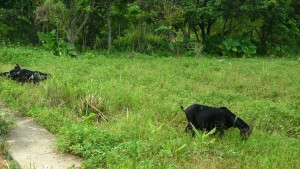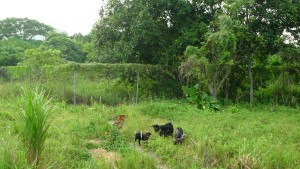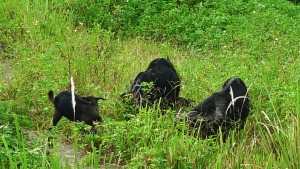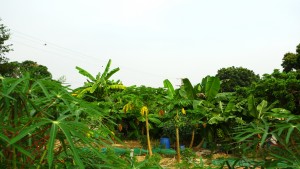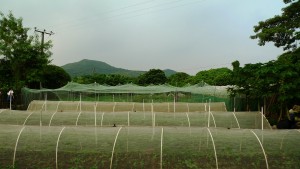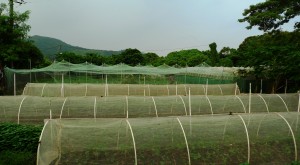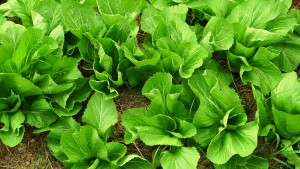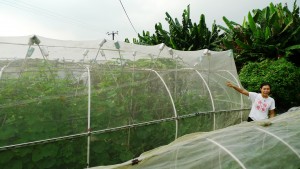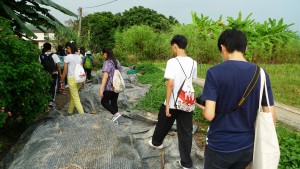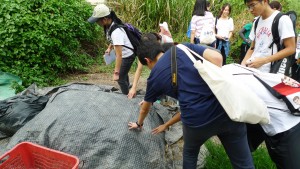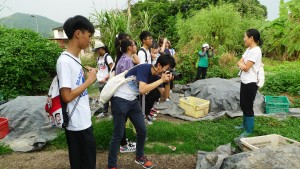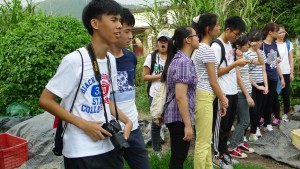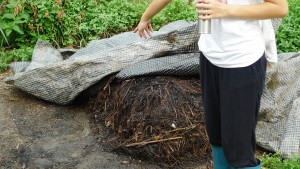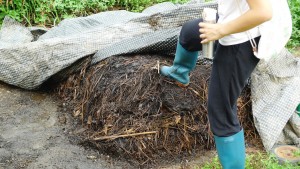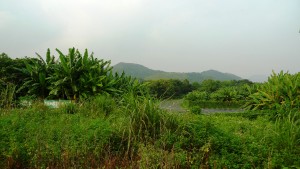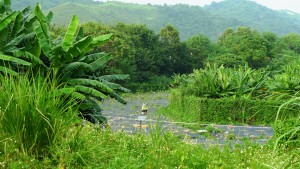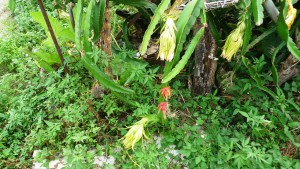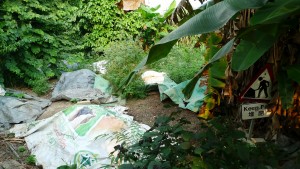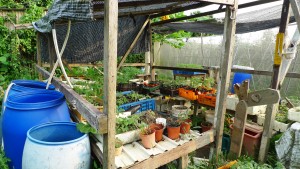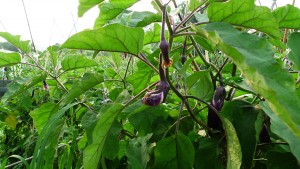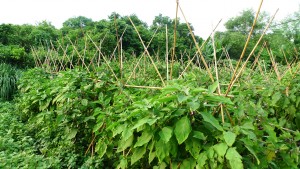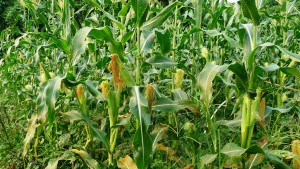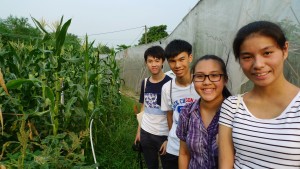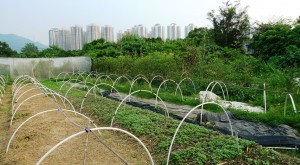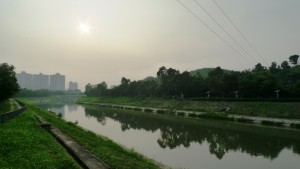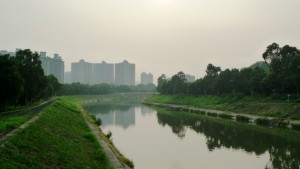
With the start of the new academic year and students returning to school, prizes and awards from the Hong Kong-European Union School e-Learning Project “Green Living Sustainability in the Community” have certainly not stopped at the prize-giving ceremony (click here) held on Saturday 18 July 2015!
In fact, the Best Researched Final Project (HK) and The Best Research Team (HK) have been invited by the EUAP to a 3-hour guided visit at the Ma Po Po Community Farm in Fanling, New Territories on Saturday 19 September 2015. Four students in total, all from the Christian & Missionary Alliance Sun Kei Secondary School, are as follows:
Best Researched Final Project (HK):
– Yam Long Hin, Aaron – Wong Kei Chun, Sunny
Best Research Team (HK):
– Wong Po Wing, Rainbow – Yu Wing Tung, Christine
Download prize list here (Eng)
View the Winning Student Entries here (Eng)
The themes, visions and aims of this local community farm tie closely with those of the HK-EU School e-Learning Project, and this “award visit” further allowed the winning students to understand more about what is really being done at the practical level regarding green living and sustainability. Furthermore, it gave them the opportunity to connect their work, research tasks and group community projects by witnessing community action at first hand.
Here are the photos from the day of the visit (Please click on each photo to enlarge):
About the visit (Courtesy Ma Po Po Community Farm):
The visit guides guests around the village of Ma Shi Po, sharing villagers’ stories about their lives on agriculture. Three questions are explored:
1. Over the past sixty years, how have villagers settled in this land, and what sort of farming livelihoods have they been practicing?
2. In recent years, the city has expanded rapidly into the rural parts of Hong Kong. How has this affected the villagers, as well as lives of urban dwellers?
3. At present, how does Ma Po Po link communities, shape cities, rural areas, as well as the relationship between man and land, through sustainable agriculture?
Ma Po Po invites guests to find out more about an entirely different lifestyle by the edge of the city, and to rediscover the meaning of “land” and “development”.
Details of the tour:
1. Comprehending the establishment and development of villages that belong to non-indigenous inhabitants of the New Territories
2. Relearn and rediscover the meaning of “home” and “culture” in the so-called “squatter houses”
3. The value and functions of local farming across the eras in Hong Kong
4. The major issues in the HK Government’s “North East New Territories New Development Scheme” (Why development? Development for whom? What to develop? What is lost?)
5. How do landlord tycoons in Hong Kong utilise all possible underhand methods to destroy farmland in theh New Territories as well as farmers’ livelihoods
6. Discussing solutions: proposing a bottom-up model of sustainable development that would allow a co-existence of the city and rural communities.
— The interplay and coordination between agricultural production (food production, maintenance of the community, nurturing and protection of the eco-system), and urban living (food waste management, vegetable supplies, green spaces)
For further information about the work, causes and tours of Ma Po Po Community Farm, please visit:
https://mapopo.wordpress.com (Chinese only)
For further information and details about the HK-EU School e-Learning Project “Green Living and Sustainability in the Community”, please visit:
http://euap.hkbu.edu.hk/youngeurope/en/hk-eu-e-learning

